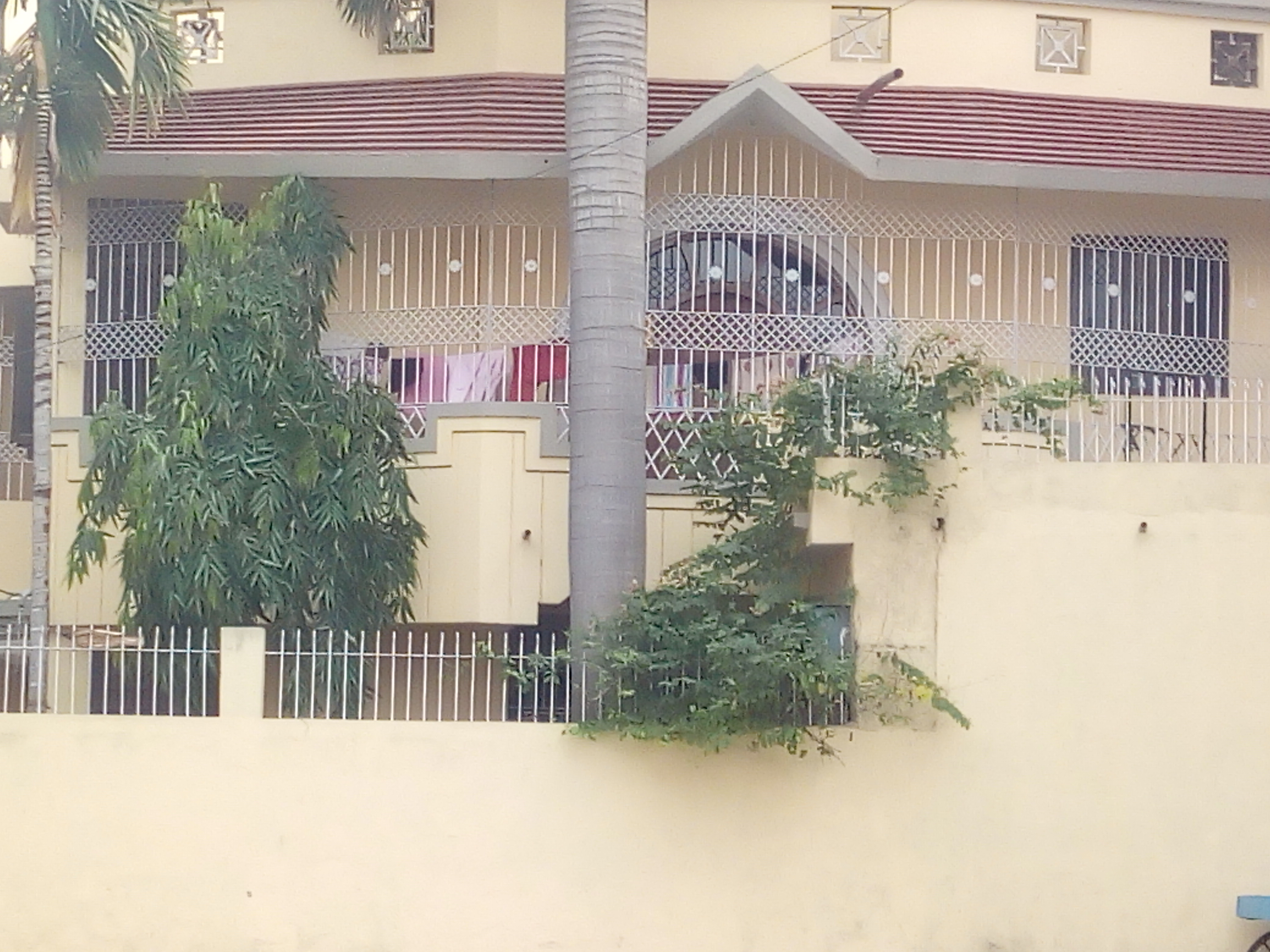Also peruse the following :-
SECTION 74. Rectification of mistake. — (1) With a view to rectifying any mistake apparent from the record, the [Central Excise Officer] who passed any order under the provisions of this Chapter may, within two years of the date on which such order was passed, amend the order.
(2) Where any matter has been considered and decided in any proceeding by way of appeal or revision relating to an order referred to in sub-section (1), the [Central Excise Officer] passing such order may, notwithstanding anything contained in any law for the time being in force, amend the order under that sub-section in relation to any matter other than the matter which has been so considered and decided.
(3) Subject to the other provisions of this section, the [Central Excise Officer] concerned -
(a) may make an amendment under sub-section (1) of his own motion; or
(b) shall make such amendment if any mistake is brought to his notice by the assessee or the [Principal Commissioner of Central Excise or Commissioner of Central Excise] or the [Commissioner] of Central Excise (Appeals).
(4) An amendment, which has the effect of enhancing [the liability of the assessee or reducing a refund], shall not be made under this section unless the [Central Excise Officer] concerned has given notice to the assessee of his intention so to do and has allowed the assessee a reasonable opportunity of being heard.
(5) Where an amendment is made under this section, an order shall be passed in writing by the [Central Excise Officer] concerned.
(6) Subject to the other provisions of this Chapter where any such amendment has the effect of reducing the [liability of an assessee or increasing the refund], the [Central Excise Officer] shall make any refund which may be due to such assessee.
(7) Where any such amendment has the effect of enhancing the [liability of the assessee] or reducing the refund already made, the [Central Excise Officer] shall make an order specifying the sum payable by the assessee and the provisions of this Chapter shall apply accordingly.
 TaxTMI
TaxTMI  TaxTMI
TaxTMI 
.jpg)
